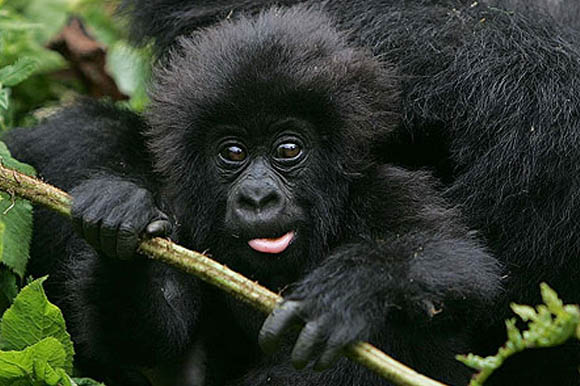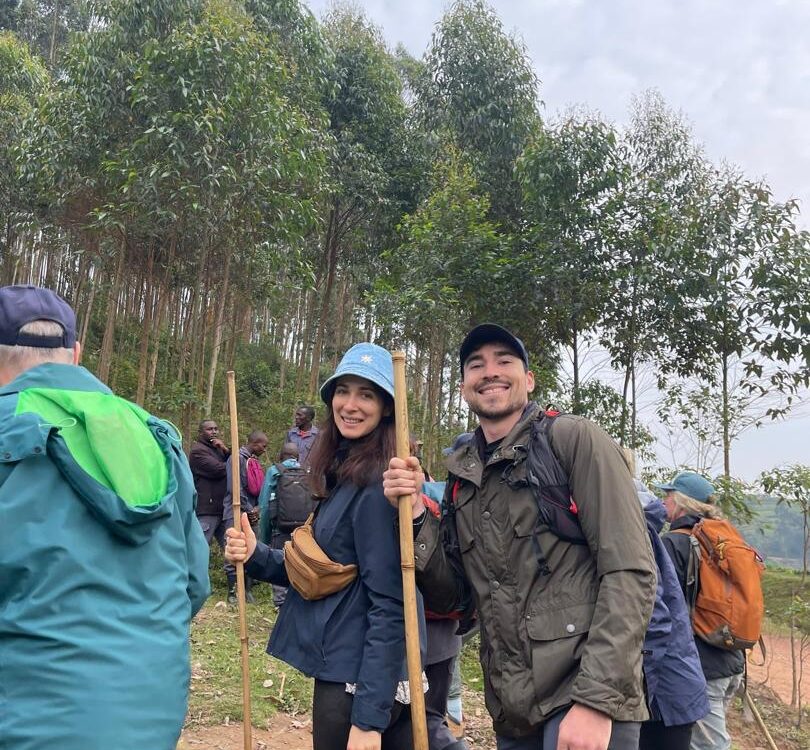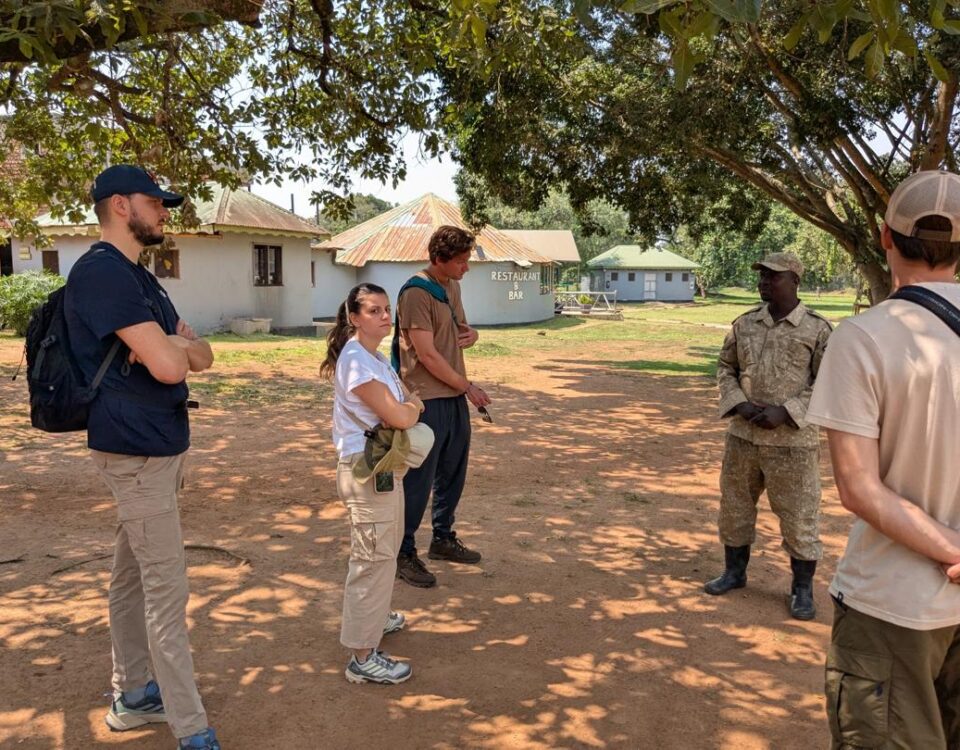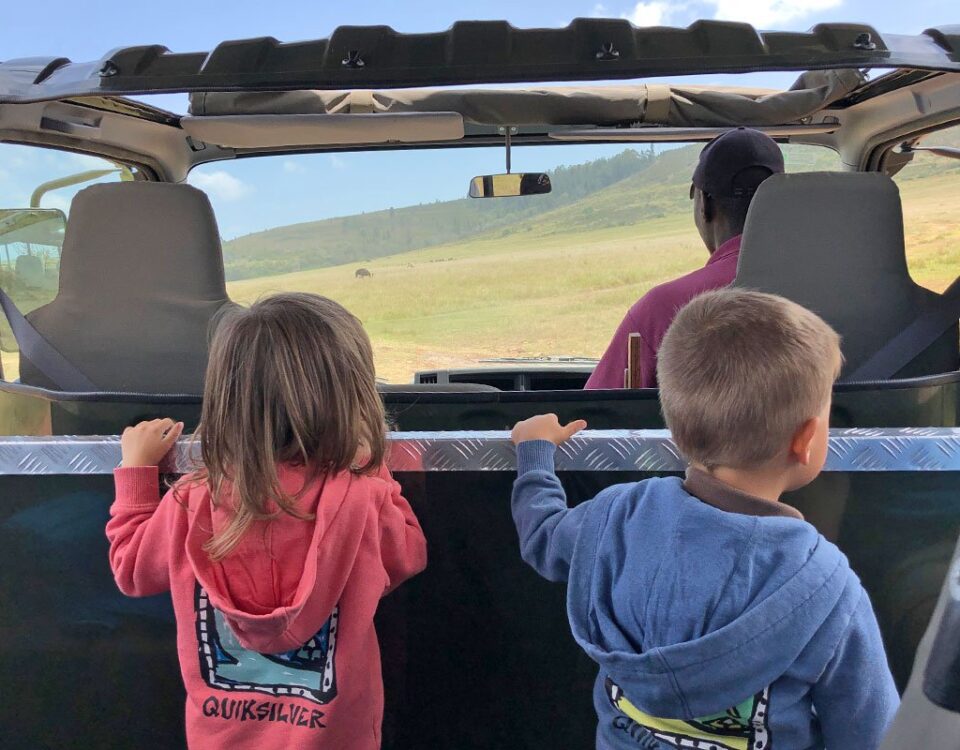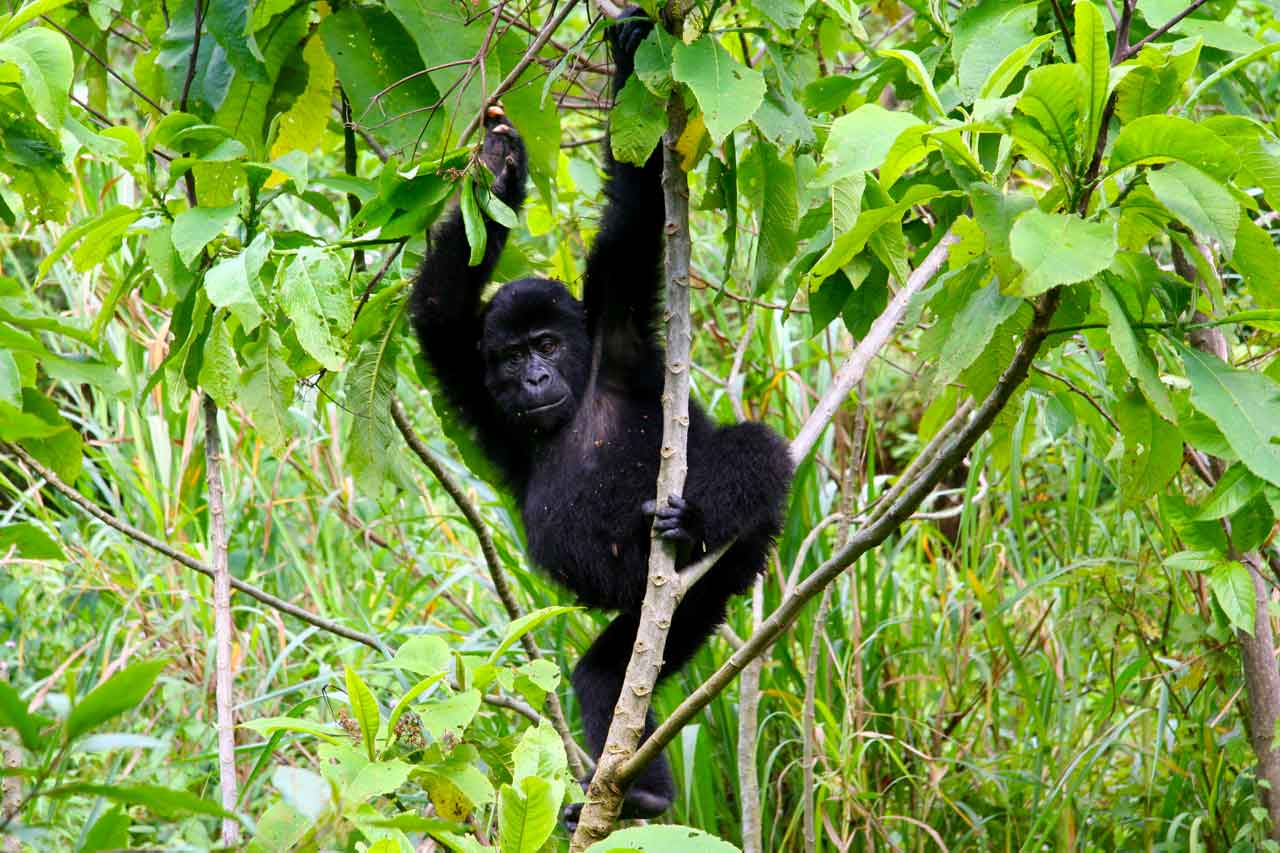
Can I Book a Permit Directly from the Rwanda Development Board (RDB)?
May 12, 2025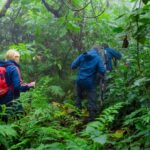
Can I Change the Date on My Rwanda Gorilla Trekking Permit?
May 12, 2025What Species of Gorillas Are Found in Rwanda?
Rwanda, often referred to as the “Land of a Thousand Hills,” is renowned for its breathtaking landscapes, rich culture, and, notably, its unique wildlife. Among the most captivating creatures inhabiting this East African nation are the mountain gorillas. These majestic primates are a significant draw for tourists, conservationists, and researchers alike. But what species of gorillas are found in Rwanda? Let’s delve into the specifics of these incredible animals and their significance to Rwanda‘s biodiversity and tourism industry.
Uganda Gorilla Trekking Safari Packages and Tours
- 3 Days Gorilla Habituation Safari
- 3 Days Gorilla Trekking Tour
- 3 Days Uganda Fly to Bwindi
- 5 Days Wildlife & Gorilla Safari
- 7 Days Uganda Gorilla Safari
- 8-Day Gorilla & Wildlife Tour
- 9 Days Best of Uganda Safari
- 5 Days Gorilla & Rafting Safari Uganda
- 6 Days Primates Safari Tour
- 10 Days Birding Tour Uganda
- 10 Days Uganda Wildlife Tour
- 12 Days Uganda Wildlife Tour
- 13 Days Pearl of Africa Tour
- 15 Days Uganda Safari
- 18 Days Uganda Safari
- 21 Days Birding Uganda Safari
- 24 Days Best of Uganda Tour
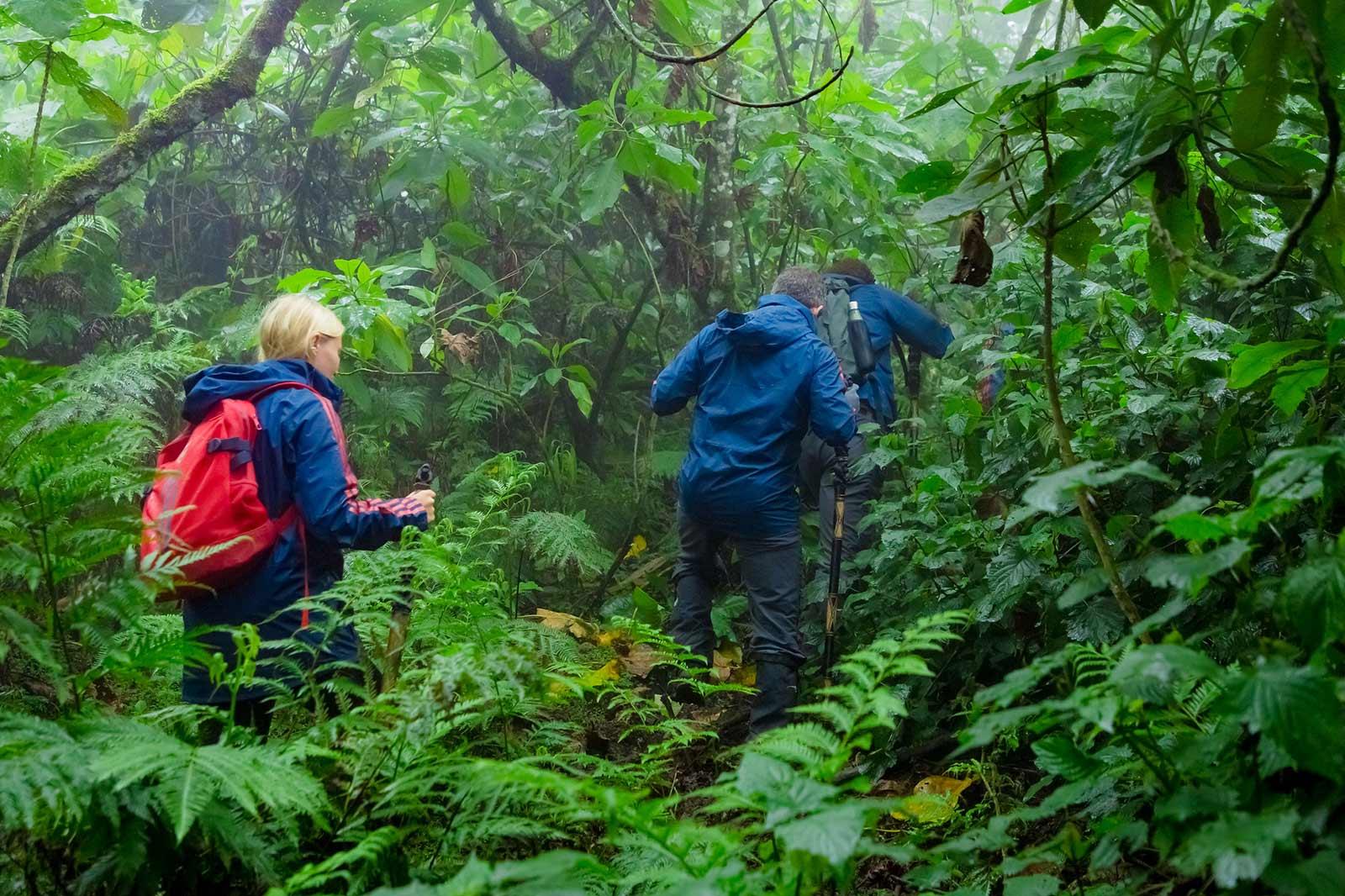
The Mountain Gorilla: Rwanda’s Primate Treasure
The only species of gorilla found in Rwanda is the mountain gorilla (Gorilla beringei beringei), a subspecies of the eastern gorilla. These gorillas are distinguished by their thick fur, which allows them to live in colder temperatures at high altitudes. Mountain gorillas are critically endangered, with an estimated population of just over 1,000 individuals worldwide. Rwanda is home to a significant portion of this population, making it a crucial area for their conservation. The mountain gorillas’ habitat in Rwanda is primarily within Volcanoes National Park, a protected area that offers a sanctuary for these primates. The park’s dense forests and mountainous terrain provide an ideal environment for the gorillas to thrive. Conservation efforts in Rwanda have been instrumental in the gradual increase of the mountain gorilla population, showcasing the country’s commitment to preserving its natural heritage.
Volcanoes National Park: A Sanctuary for Mountain Gorillas
Volcanoes National Park, located in the northwestern part of Rwanda, is the primary habitat for the country’s mountain gorillas. The park spans approximately 160 square kilometers and is part of the larger Virunga Massif, a chain of volcanic mountains that extends into Uganda and the Democratic Republic of Congo. This transboundary region is one of the few places in the world where mountain gorillas can be found. The park’s unique ecosystem, characterized by bamboo forests, alpine meadows, and volcanic peaks, supports a diverse range of flora and fauna. The presence of mountain gorillas in Volcanoes National Park has made it a focal point for conservation initiatives and eco-tourism. Visitors from around the globe embark on Rwanda safaris to experience gorilla trekking, an activity that allows for close, yet respectful, encounters with these gentle giants. The revenue generated from gorilla trekking permits contributes significantly to conservation efforts and community development projects in the region.
Gorilla Trekking in Rwanda: An Unforgettable Experience
Gorilla trekking in Rwanda offers an unparalleled opportunity to observe mountain gorillas in their natural habitat. The experience involves guided hikes through the lush forests of Volcanoes National Park, where visitors can witness the daily lives of gorilla families. These treks are led by experienced guides and trackers who are well-versed in the behavior and movements of the gorillas. The treks vary in duration and difficulty, catering to a range of fitness levels. Upon locating a gorilla group, visitors are allowed to spend a limited amount of time—typically one hour—observing and photographing the animals from a safe distance. This practice ensures minimal disturbance to the gorillas while providing an intimate and educational experience for tourists. The cost for a Rwanda gorilla permit is $1,500 per person, a fee that supports conservation programs and benefits local communities. Private gorilla trekking options are also available for those seeking a more exclusive encounter.
Cultural Experiences Complementing Gorilla Trekking
In addition to gorilla trekking, Rwanda offers a wealth of cultural experiences that enrich visitors’ understanding of the country’s heritage. Engaging with local communities provides insight into traditional practices, music, dance, and crafts. One notable cultural attraction is the Iby’iwacu Cultural Village, located near Volcanoes National Park. Here, visitors can participate in interactive demonstrations, such as traditional cooking, weaving, and drumming. These cultural exchanges foster mutual respect and appreciation between tourists and local residents. Moreover, they contribute to the economic empowerment of communities living adjacent to the park, further incentivizing the protection of mountain gorillas and their habitat. Combining cultural experiences with wildlife encounters creates a holistic Rwanda safari that appeals to a wide range of interests.
Combining Rwanda and Uganda Gorilla Trekking
For travelers seeking an extended gorilla trekking adventure, combining experiences in Rwanda and Uganda is an excellent option. Uganda’s Bwindi Impenetrable National Park and Mgahinga Gorilla National Park are home to additional populations of mountain gorillas. These parks offer different terrains and trekking experiences, allowing visitors to observe varying gorilla behaviors and group dynamics. The cost for a gorilla permit in Uganda is currently $700 per person, making it a more budget-friendly alternative or complement to Rwanda‘s offerings. Tour operators, such as Tubale Safaris, can facilitate cross-border itineraries that include gorilla trekking in both countries, as well as other wildlife and cultural attractions. This combined approach provides a comprehensive view of gorilla conservation efforts in the region and enhances the overall Africa safari experience.
Conclusion: Rwanda’s Unique Role in Gorilla Conservation
Rwanda‘s exclusive population of mountain gorillas positions the country as a critical player in the conservation of this endangered species. Through dedicated efforts in habitat protection, community engagement, and sustainable tourism, Rwanda has achieved notable successes in increasing gorilla numbers and promoting biodiversity. Volcanoes National Park serves not only as a sanctuary for these primates but also as a model for balancing ecological preservation with economic development. Visitors to Rwanda have the rare opportunity to witness mountain gorillas in their natural environment, contributing to their ongoing survival through responsible tourism. By choosing to embark on a Rwanda safari with reputable operators like Tubale Safaris, travelers support conservation initiatives and gain a deeper appreciation for the intricate connections between wildlife, culture, and community.

